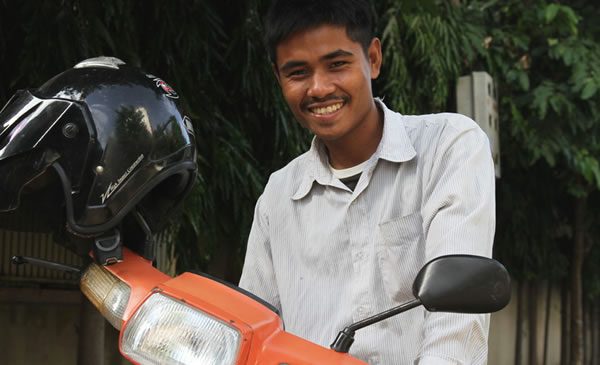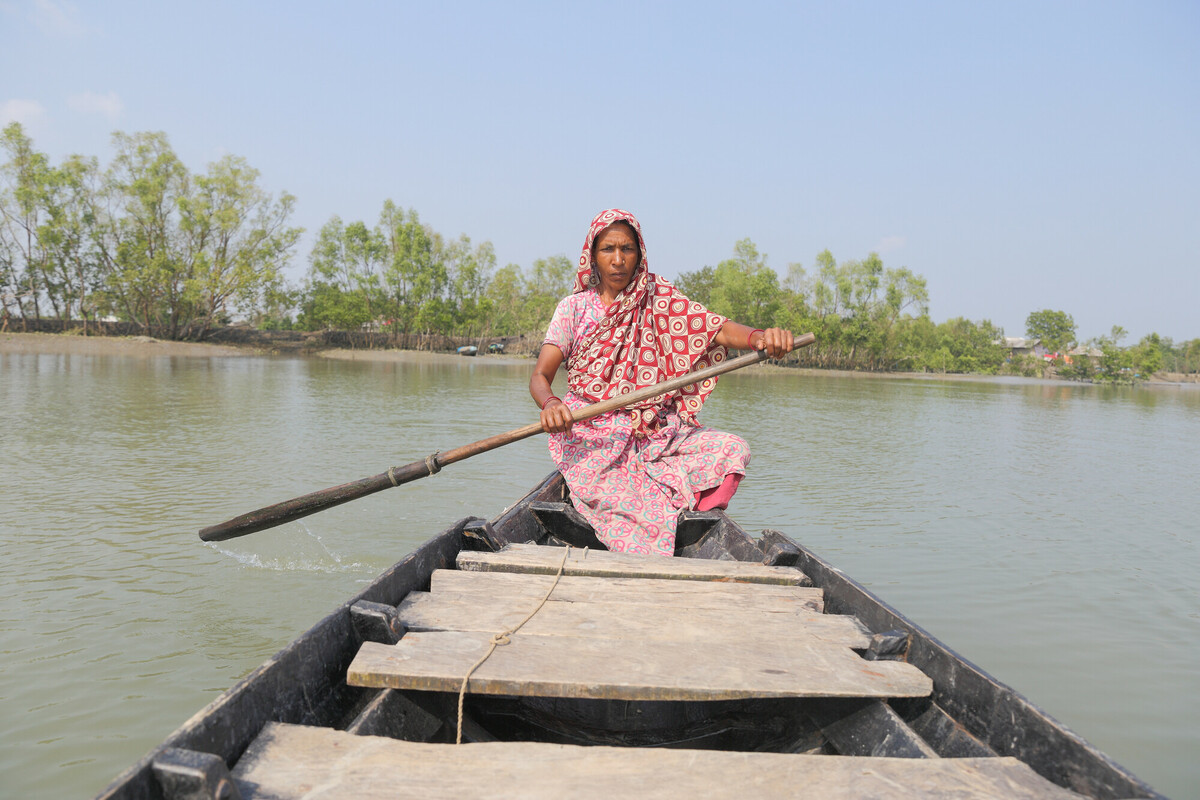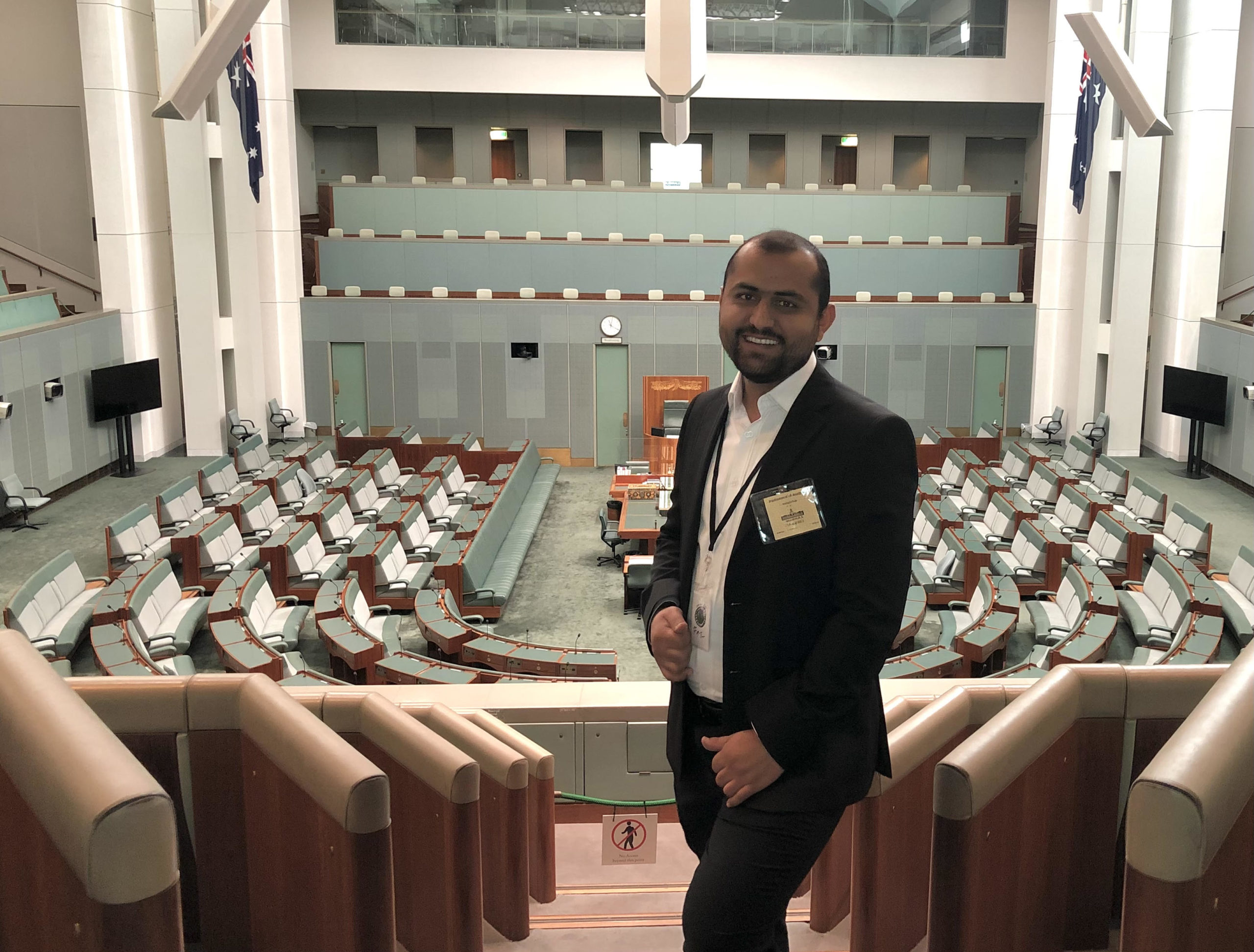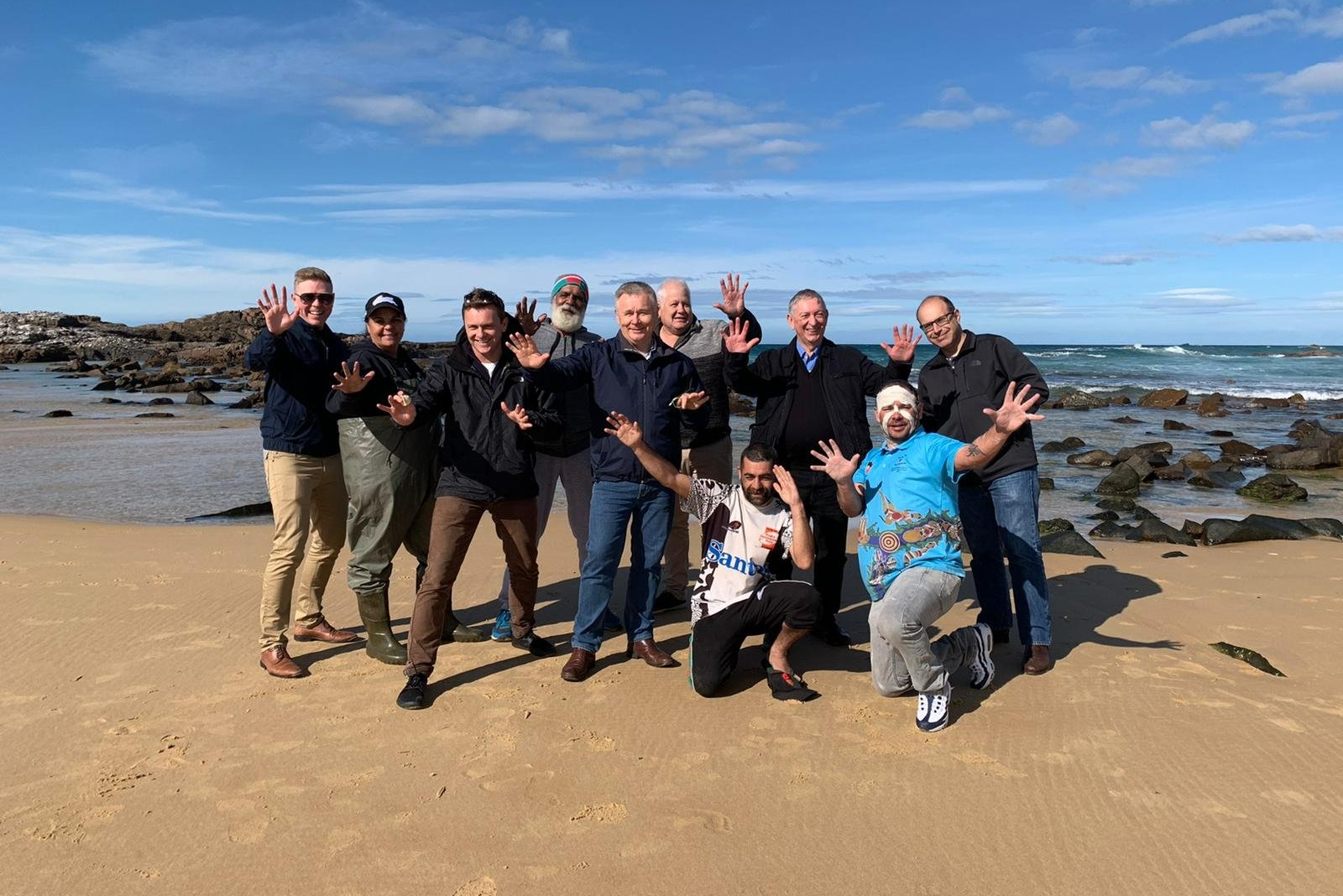It was recently Khmer New Year, with most of the country slowing down, as everyone goes back to the provinces to spend time with their families. Phnom Penh was a ghost town. A few friends and I joined the exodus to spend a few days at Chi Phat, a “community-based, eco-tourism” village (great use of buzz words). As much as I love the Penh, the remoteness of Chi Phat with its lush jungle and swimmable rivers was divine, although we didn’t quite escape the 24/7 blaring music that breathes extra life into the New Year. It’s year of the tiger, which is my birth year, so it’s destined to be a good one.
Language progress
My daily moto trips to and from work have become my first Khmer classes. My regular driver, Vi Boll, has an incredible skill of driving his moto with his head turned back towards me (often driving on the wrong side of the road) saying “You Speak Khmer, now say ;I want to go to street 135 in Khmer: Khnom Tau Plau le 135′“. To and from work, Vi Boll teaches me new sentences, while I marvel at his multi tasking capabilities. It’s certainly a captivating class room.
Vi Boll worked for years in a restaurant, earning less than US$1 a day until he saved enough money to buy a moto. “Now I can earn (US) $4–$5 a day,” Vi Boll tells me. Vi Boll’s story is a striking contrast to the Lexus 4wds prowling the streets, with huge Lexus signs plastered on their sides, just in case an unobservant eye mistakes it for a Toyota.
Case Studies: Oxfam Specialties
We’ve been working on a few case studies to analyse the effectiveness of current Oxfam practices, with a couple informal training sessions to draw out the complexities of each case study. I would elaborate, explain and discuss each question for the case study, while my workmates would provide huge amounts of valuable info that I would type up. The case studies highlighted strong progress in creating a diversity of positive changes; the fisheries program has improved family’s health and economic security by building ponds and providing baby fish (stablising food supplies). It has also increased community-led fishing regulation and management, while the icing on the cake was a new fishing regulation law. The law, which was designed with involvement from communities, provides an excellent basis for authorities to effectively regulate fishing and improve sustainability. Great achievements on all fronts I reckon. Now my focus is on developing training on report writing, photography and story gathering; busy times ahead.




